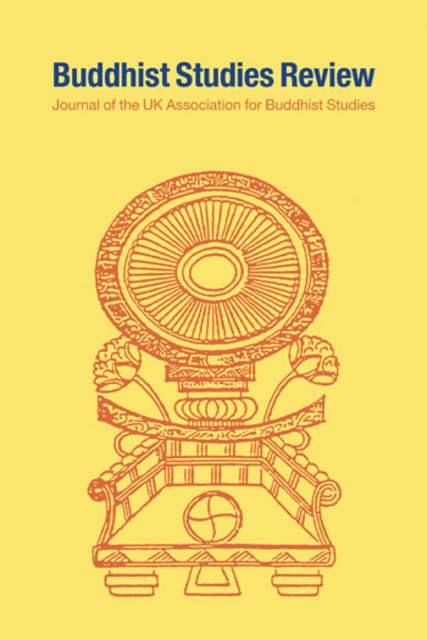Causation and Free Will in Early Buddhist Philosophy

Full description
Free will and determinism have recently attracted the attention of Buddhist scholars who have defended conflicting views on this issue. I argue that there is no reason to think that this problem cannot arise in Buddhist philosophy, since there are two senses of ‘free will’ that are compatible with the doctrine of non-self. I propose a reconstruction of a problem of free will and determinism in Early Buddhism, given a) the assumption that Buddhist causation entails universal causal determinism, and b) a crucial passage (A I 173–175) suggesting that Early Buddhism is committed to the principle of alternative possibilities which is arguably incompatible with a determinist interpretation of causation. This passage suggests that Early Buddhism must leave room for a robust, incompatibilist form of free will, and that a conception of indeterminist free will in the spirit of Robert Kane’s theory allows us to make sense of that notion.
- typeImage
- created on
- file formatjpeg
- file size82 KB
- container titleBuddhist Studies Review
- creatorPaul Bernier
- issn1747-9681 (online)
- issue36.2
- publisherEquinox Publishing Ltd.
- publisher placeSheffield, United Kingdom
- doi
We use cookies to analyze our traffic. Please decide if you are willing to accept cookies from our website. You can change this setting anytime in Privacy Settings.
